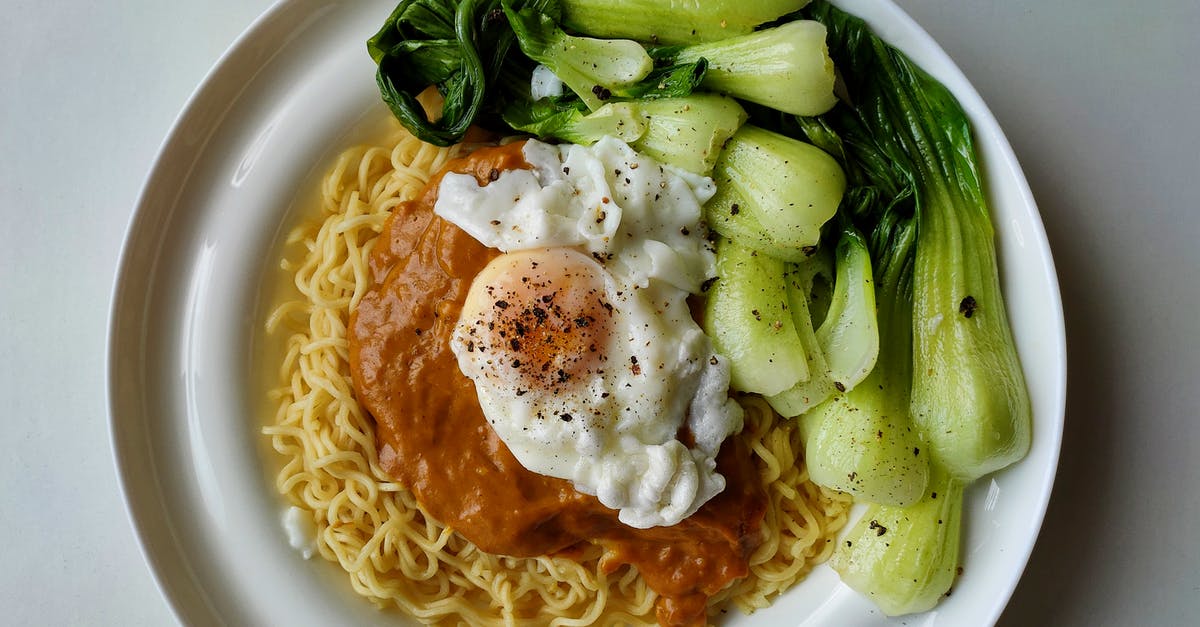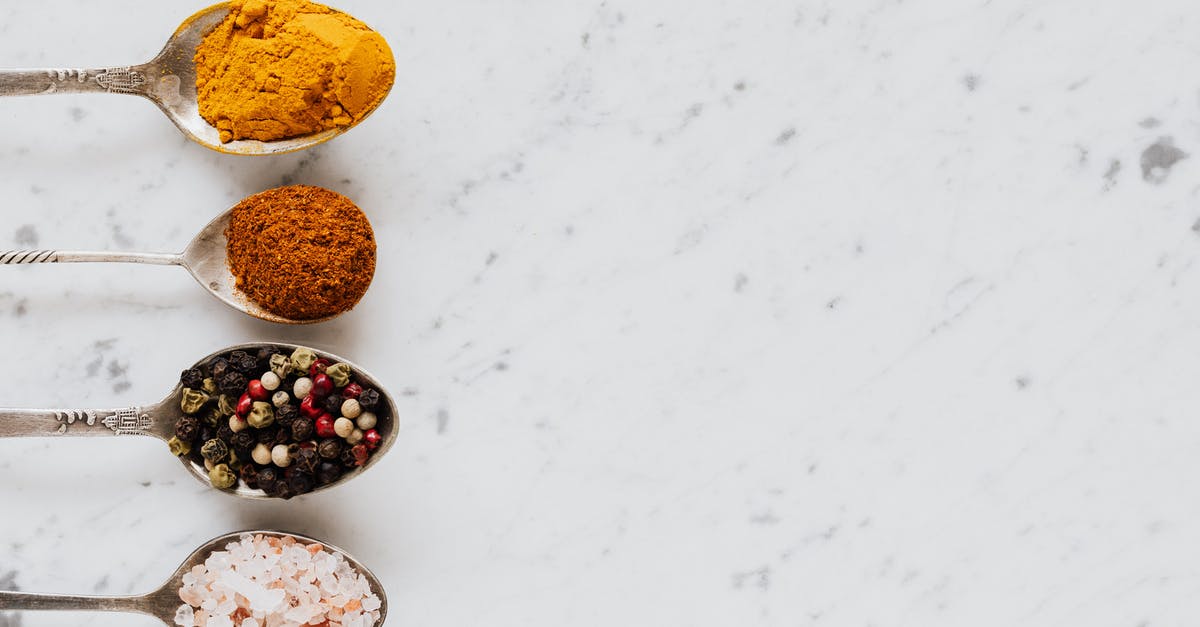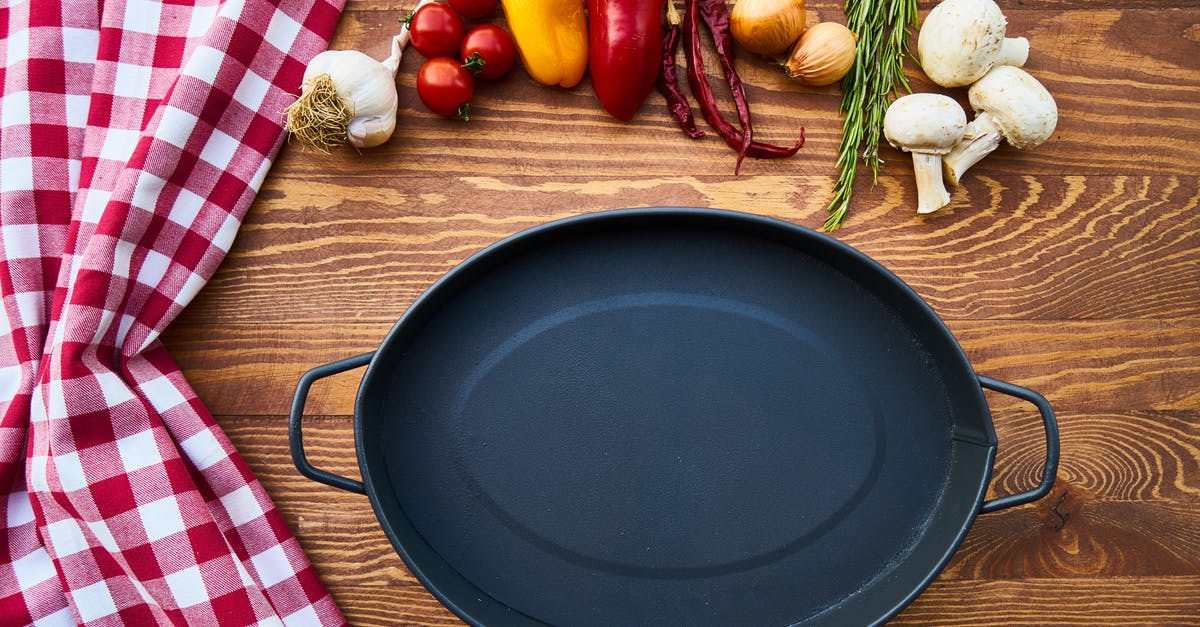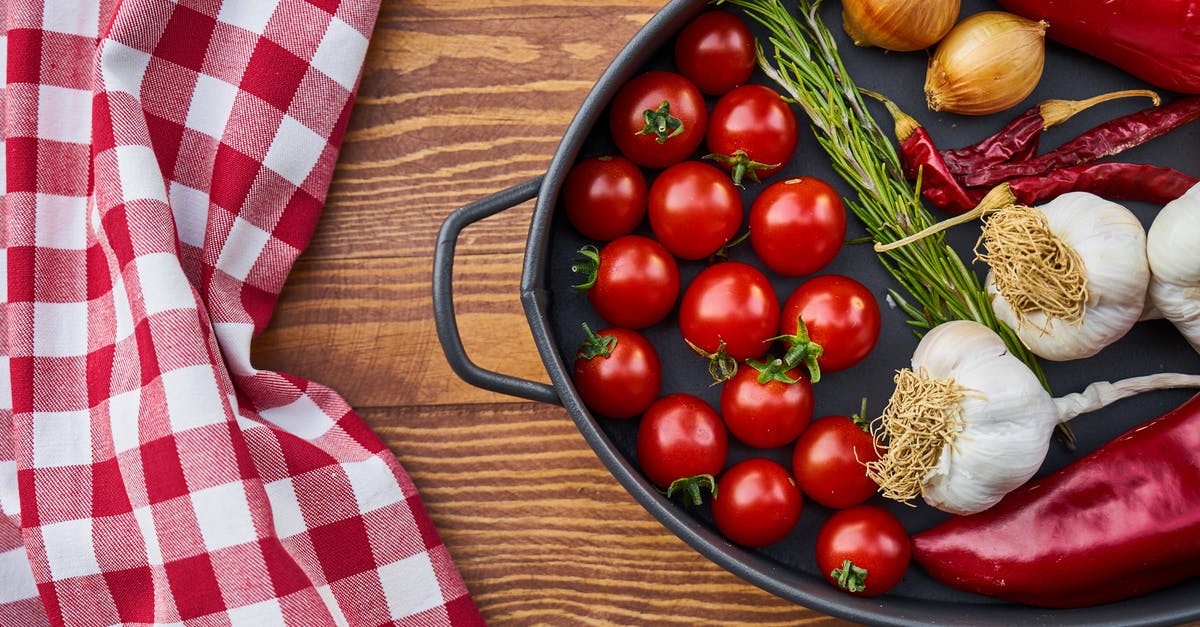Is there something about black pepper that changes while frying?

I made yellow rice after a long while, I didn't remember the recipe exactly but it was simple enough so I just winged it. Here's what I did:
4 tablespoons of olive oil
200g of frozen vegetable mix (peas, carrots, beans, cauliflower)
fry them a little while until all vegetables have thawed
100g of white rice
half tsp of salt
half tsp of ground black pepper
1 tsp of ground tumeric
fry a few more minutes
2-3 cups of water
boil/fry until all the water has either been absorbed or evaporated
It came out funky as hell, had this weird sour-bitter taste all over, especially concentrated into pieces of cauliflower
Then I decided to try eliminating the tumeric, pepper and olive oil one by one and made the dish again.
First up was pepper and I didn't have to try the others because that was it. No pepper, no funky bitterness. I played around some more and found that if I add the pepper at any point after adding the water then there is no problem.
So I'm guessing that its frying with pepper thats somehow the problem, does anyone know why?
Best Answer
@Megha's suspicion of too-high heat is spot on.
The primary flavor oil in black pepper is piperine and its melting point of 130°C is below that of the Maillard reaction of 140°C to 165°C. You were likely frying the vegetables until they were nicely golden on the outside, which happens via the Maillard reaction. By adding ground pepper during that frying phase, the piperine is breaking down and adding a bitter flavor to your dish.
Potential solutions are:
- Grind the pepper more coarsely. With less surface area, the pepper will break down more slowly and you'll get more pepper flavor remaining and less bitter.
- Learn to enjoy the bitter.
- Wait until your veggies are all nicely browned and turn down the heat. Then add your pepper (and turmeric). You want some heat to melt the oils in the pepper so they migrate into your food but not enough to break them down. The piperine will start decomposing at boiling point. To retain the pepper flavor, don't boil your dish very long.
- Add pepper at the very end, after your water has been absorbed and the heat is reduced.
A fun and satisfying way to experience this is with a potato. Dice up the potato and divide into 3 parts. Add the pepper at the beginning of frying with the first portion of the potato. Add the pepper during the final minute of frying with the second portion. Finally, cook the last portion of potato to completion and then add pepper while the potato is in the warm pan. To compare, warm all three portions of the potato and compare the flavor. I don't mind bitter so I add pepper willy nilly for myself. My kids feel differently.
Pictures about "Is there something about black pepper that changes while frying?"



Quick Answer about "Is there something about black pepper that changes while frying?"
You were likely frying the vegetables until they were nicely golden on the outside, which happens via the Maillard reaction. By adding ground pepper during that frying phase, the piperine is breaking down and adding a bitter flavor to your dish.Is black pepper toxic when cooked?
Black pepper is generally considered safe in cooking and as a supplement but may significantly increase the absorption of some drugs and should be used with caution in these cases. However, for most people, spicing up your diet with black pepper is an easy way to add flavor to your meals and reap some health benefits.Does black pepper get spicier when cooked?
According to wikipedia, the melting point of piperine - the compound responsible for the pungency of black pepper - is 130 degrees celsius, so it's definitely not a given that anything you'll be cooking will heat all of the piperine above 130 degrees celsius - at which point you'd begin to get significantly faster ...Why should you not cook with pepper?
But its bitter bite and strong aroma don't enhance every dish the way salt does. In fact, the two seasonings have opposite effects: salt is more likely to coax out flavors from foods, whereas black pepper is more likely to overshadow them.Do you add black pepper before or after cooking?
When cooking, add pepper just before removing the dish from heat to ensure best flavor.Fry Fidelity: The Science Of Fried Chicken
Sources: Stack Exchange - This article follows the attribution requirements of Stack Exchange and is licensed under CC BY-SA 3.0.
Images: Syed Muhammad Afifi, Karolina Grabowska, Engin Akyurt, Engin Akyurt
